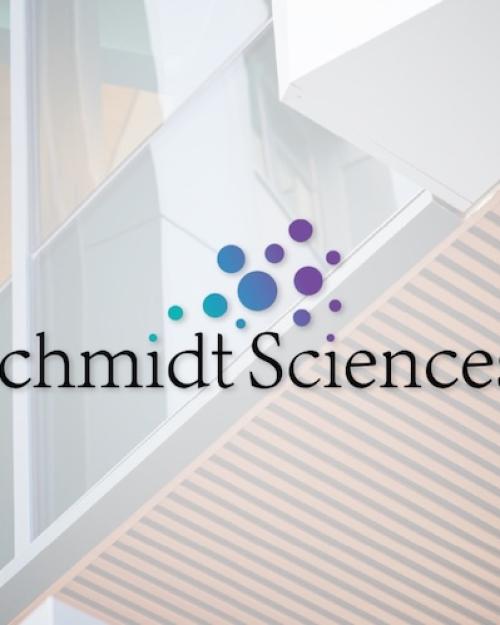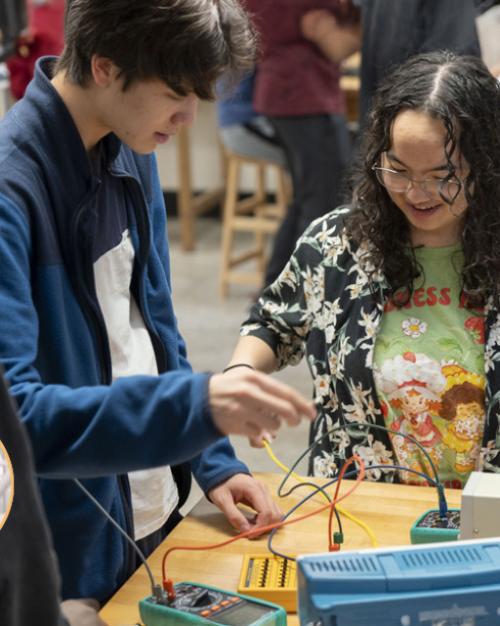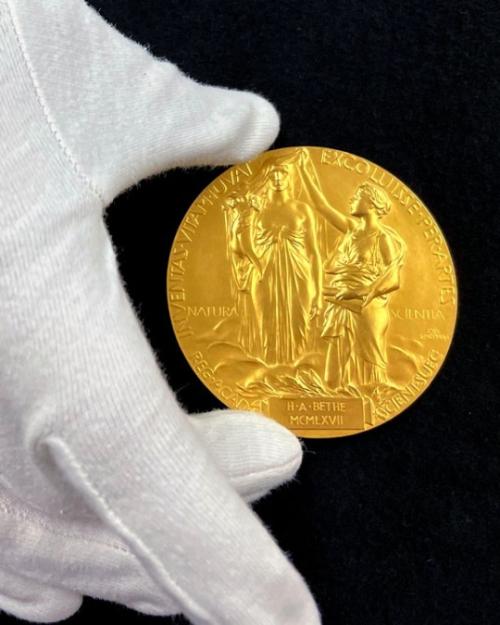How do stars keep on shining? Physicist Hans Bethe solved this cosmic puzzle early on in his over 60-year teaching career at Cornell, earning a Nobel Prize in Physics in 1967 for his theory on the energy production of stars.
Recently, Bethe’s family donated his Nobel Prize medal to Cornell University Library, where it holds a special place among the pioneering physicist’s archived papers kept in the library’s Division of Rare and Manuscript Collections (RMC). The archive includes Bethe’s notes and calculations; interviews and correspondence on nuclear physics, arms control and other topics; and documents related to his teaching and administrative roles for Cornell’s Department of Physics.
In a statement, Bethe’s family members said they were grateful to Cornell for maintaining his archive and pleased to bring the medal home to Cornell.
“A Nobel prize represents a pinnacle career achievement, and when you hold one in your hand you can feel the weight of the medal and the work of the individual that led to their receiving the recognition,” said Evan Earle ’02, M.S. ’14, the Dr. Peter J. Thaler ’56 Cornell University Archivist.
“It’s great fun to share the Nobel with students when teaching about Professor Bethe’s legacy,” Earle said. “Perhaps it can even serve as inspiration for them in their own careers.”
After emigrating from Germany to the United States, Bethe joined Cornell in 1935. During World War II, he was a key figure in the Manhattan Project, but later became an advocate for nuclear arms control. He retired from teaching undergraduates in 1975 and continued to hold his office at Cornell until his death in 2005. He is remembered at Cornell as a legendary educator who elevated the physics program and galvanized generations of scientists.
Aia Ferreira is the communications coordinator for Olin and Uris Libraries.





